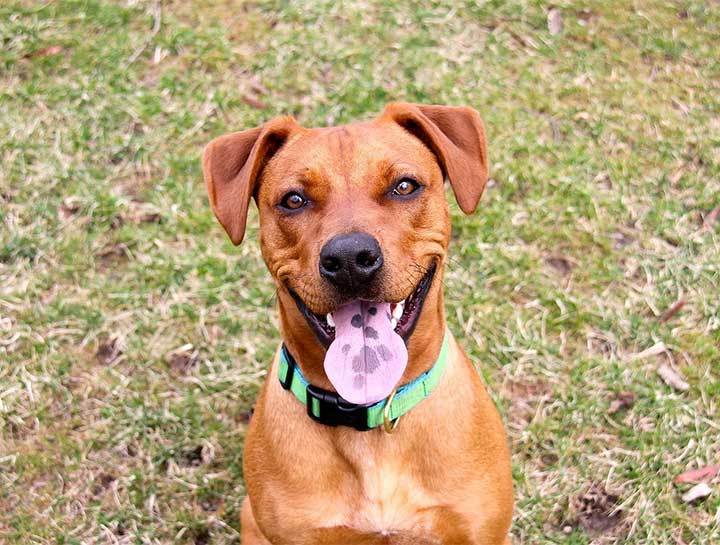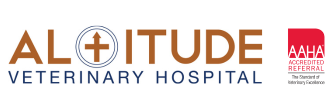Is your dog coughing?

Kennel cough, also called canine infectious respiratory disease or infectious tracheobronchitis, is an infectious bronchitis of dogs characterized by a harsh, hacking cough. This cough can be described as a goose honk cough and many people worry there may be something stuck in the dog’s throat. The cough can be dry or productive, which it may be followed by a gag and production of white foamy mucus (not to be confused with vomiting).
Most infections occur in dogs after exposure to a crowded situation such as grooming or boarding facilities, obedience classes, animal shelters, dog parks, and unfortunately even veterinary hospital waiting rooms. Most cases have an incubation period of 2 to 5 days but can be as long as 14 days after exposure. Dogs are typically sick with a cough for 1 to 2 weeks.
Kennel cough is caused by several viral and bacterial organisms. Viral pathogens include canine distemper, canine parainfluenza, canine adenovirus type 2, canine influenza, and others. Bacterial pathogens include Bordetella brochiseptica, Mycoplasma spp, and Strep. Equi subsp. Zooepidemicus. Many infections involve one or more pathogens.
Many of the pathogens that may cause upper respiratory infections are included in your dog’s recommended core vaccination protocol. One of the best ways to help keep your pet healthy is to keep them current on their annual vaccines. Although vaccines may not prevent disease 100%, many animals either do not exhibit clinical signs or will have a mild and shorter course of illness.
Uncomplicated cases of kennel cough usually involve a patient who may have frequent coughing spells and otherwise feels normal. They may eat, drink and play normally, but then have moments of severe deep coughing, reverse sneezing, or gagging. These uncomplicated cases usually run their course in a week or two and need no treatment. These patients are sometimes prescribed cough medication to help them feel more comfortable and an antibiotic to help prevent pneumonia. Although pneumonia is not common in uncomplicated cases, it can readily develop in an incredibly young animal, a senior, extremely stressed or debilitated.
What do I do if my dog is coughing?
If your furry friend develops a cough, please call our office and visit with one of our medical team staff members. They will take a brief history over the phone to help determine if your animal needs to be seen.
If your animal does need to come into the hospital, we ask that you leave them in your car until we are ready for their appointment. When we have a room available, you and your animal will be escorted straight to an exam room to help decrease the potential spread to others in the waiting room.
While your pet is exhibiting symptoms, we ask you to refrain from activities that may contribute to community spread such as going to grooming, boarding, or daycare facilities. It is also important to not go to dog parks or other places where other dogs could be exposed.
Normal activities can resume 2 weeks after they have stopped coughing.
If your loved ones continue to cough or have other symptoms it is important to have them evaluated by one of our doctors. Kennel cough can aggravate an undiagnosed condition such as collapsing trachea or progressing to pneumonia and needing additional treatment. Alternatively, there may be another disease that is causing the cough that is unrelated to kennel cough, including heart disease, non-infectious bronchitis, or even cancer.
